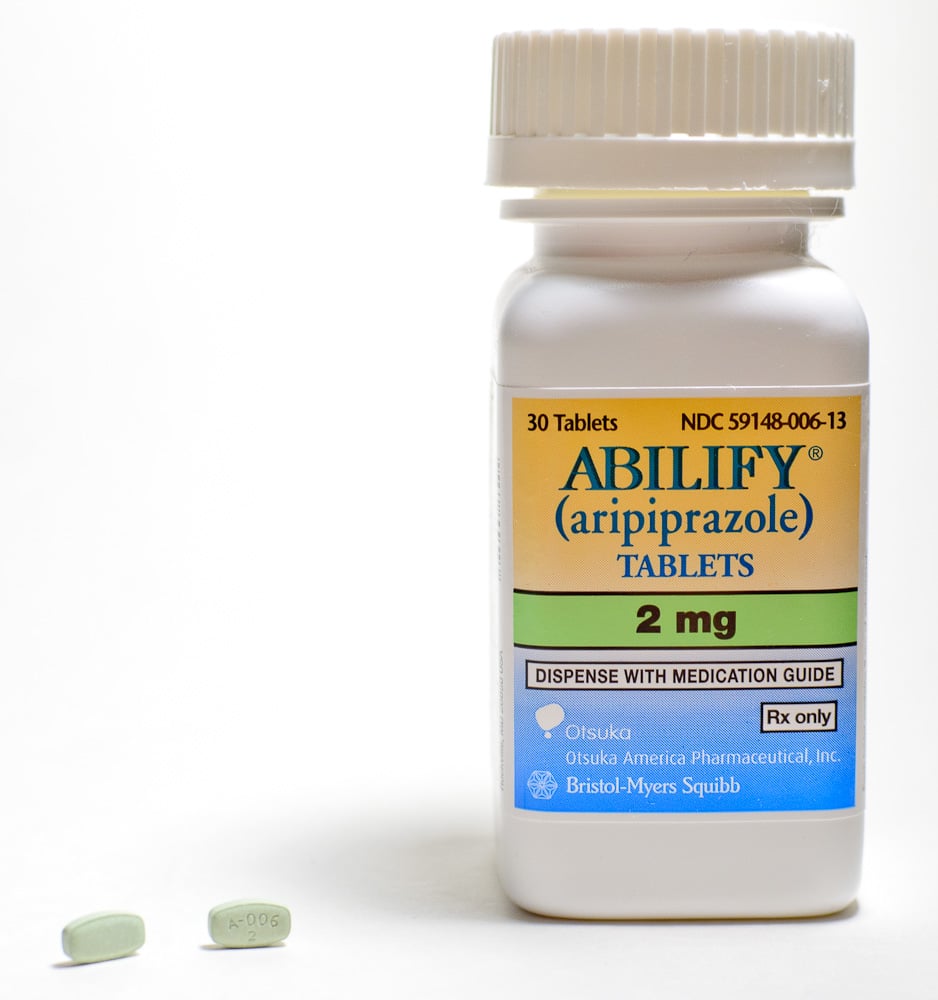Bristol-Myers Squibb and Otsuka Pharmaceutical Co. manufacture and sell Abilify, a prescription drug for the depression, bipolar disorder, and schizophrenia. Tens of thousands of people are prescribed Abilify every year.
In a Master Complaint filed in December 2016, lawyers say drug-makers knew Abilify increased the risk of gambling addiction, but failed to investigate. Instead, they waited years to add warnings in the U.S., putting profits over public safety.
Specific warnings about “pathological gambling” were added to the list of side effects on drug-labels in Europe in 2012 and Canada in 2015, long before similar warnings were added in the U.S.
In fact, the U.S. label did not mention the word “gambling” until January 2016, but it was buried in a list of post-marketing reports. The U.S. label did not have a specific section on uncontrollable behaviors until May 2016, when the FDA required stronger warnings.
The FDA announced that “compulsive or uncontrollable urges to gamble, binge eat, shop, and have sex” are side effects of Abilify. They also urged doctors to carefully monitor patients:
Because patients may not recognize these behaviors as abnormal, it is important for prescribers to ask patients or caregivers specifically about the development of new or intense gambling urges.”
In recent years, nearly 200 lawsuits have been filed by people who lost over $10,000 as a result of addictive gambling and shopping.
Bristol-Myers Squibb and Otsuka Pharmaceutical company are accused of failing to warn patients in the U.S. about gambling addiction and failing to study Abilify for side effects. As a result, doctors and patients were unaware of the risk.
Compulsive gambling is a major psychiatric disorder that was first recognized in 1980 by the American Psychiatric Association’s DSM. It was originally classified as an impulse-control disorder, but later re-classified as an “Addictive Disorder” because gambling activates the same reward systems in the brain as addictive drugs.
The reward system in the brain uses neurotransmitters (dopamine and serotonin) to reinforce pleasurable behaviors and produce cravings to do the behavior again. Abilify is a partial dopamine-agonist, which means it balances dopamine in the brain to treat mood disorders.
The problem is that patients on Abilify may feel intense pleasure and equally-intense urges for pleasurable activities, which can quickly lead to addiction.
Bristol-Myers Squibb first acknowledged evidence linking Abilify and pathological gambling in September 2011. There are also dozens of case reports in the medical literature describing patients on Abilify or other dopamine-agonist drugs who became addicted to gambling.
From 2005 to 2013, the FDA received 54 reports of compulsive behavior problems from Abilify, including 30 reports of gambling. In 2014, another 29 reports of gambling addiction were linked to Abilify.
Despite a growing amount of evidence, lawyers say drug-makers “failed to investigate or conduct any studies” or “failed to make public the results of any studies or investigations they might have done.”
Instead, drug-makers aggressively promoted Abilify — including illegal promotions for “off-label” uses that were not approved by the FDA.
In 2007, Bristol-Myers Squibb reportedly paid a $515 million settlement with state and federal regulators for advertising Abilify for elderly people with dementia-related psychosis, an illegal use that now carries a Boxed Warning label about an increased risk of death.
Lawyers say the defendants knew or should have known that Abilify increases the risk of serious and dangerous side effects, including uncontrollable behaviors such as compulsive gambling, but failed to investigate or warn about those side effects to protect profits.
Instead of a class action, Abilify lawsuits are individual lawsuits that have been centralized into one federal court in the U.S. District Court for the Northern District of Florida — Multi-District Litigation (MDL No. 2734) — In RE: Abilify (Aripiprazole) Products Liability Litigation.
